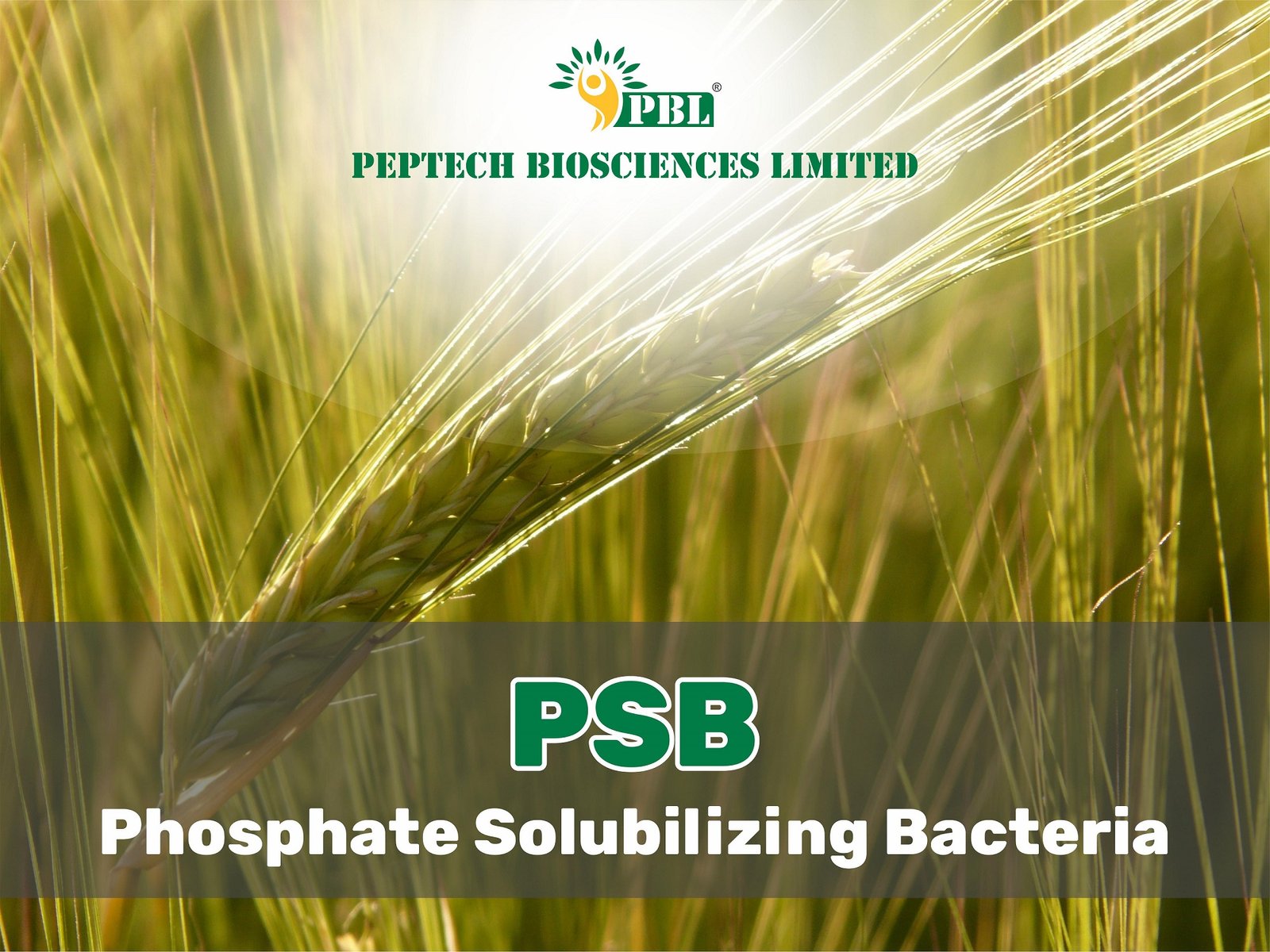Description
Benefits of Phosphate Solubilizing Bacteria:
- Increase micronutrients availability to plant from the soil like Mn, Mg, Fe, Mo, B, Zn and Cu in addition to P2O5.
- Encourage faster root growth for water and nutrient uptake.
- produce organic acids like malic, succinic, fumaric, citric, tartaric acid and acetic acid which fasten the P2O5 up take, maturity and increase yield.
- Increase resistance towards diseases and drought tolerance due to rapid cell development in the plants.
- Compatible to other beneficial microbes with the plant like growth promoting substance.
- Reduce 25 – 30% phosphatic fertilizer requirement.
Target Crops:
PSB can be used for all crops including paddy, millets, oilseeds, pulses and vegetables.
Methods recommended for application are:
☛ Seed treatment: Dosage: 10 kg medium size seeds such as groundnut, wheat, cotton, maize etc., may be treated with 200 g of inoculant, whereas 100 g per acre inoculant is enough for treatment of small size seeds.
☛ Seedling dipping: This method is useful where the transplantation of seedlings are required. It is ideal for vegetable crops. Prepare the inoculant suspension in water in the ratio of 1:10. Dip the roots of seedlings in suspension and keep them immersed for about 5 minutes Take out the seedlings from the suspension and transplant as early as possible.
Dosage: Suspension of one kg in 10 to 15 litre of water for treating of seedlings for one acre.
☛ Soil application: Mix 3-5 kg inoculant with 50 kg finely powdered FYM. Broad cast this mixture at the time of last ploughing.

